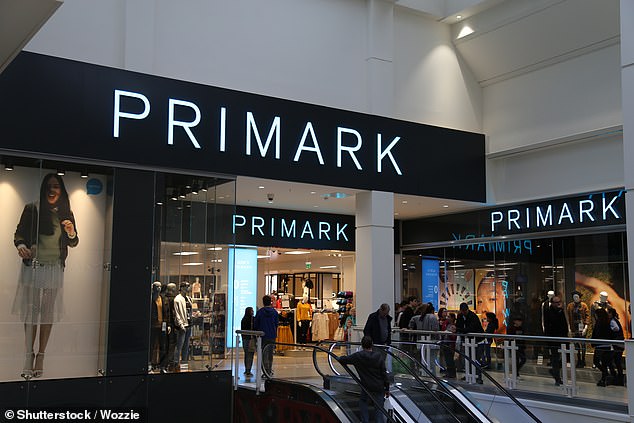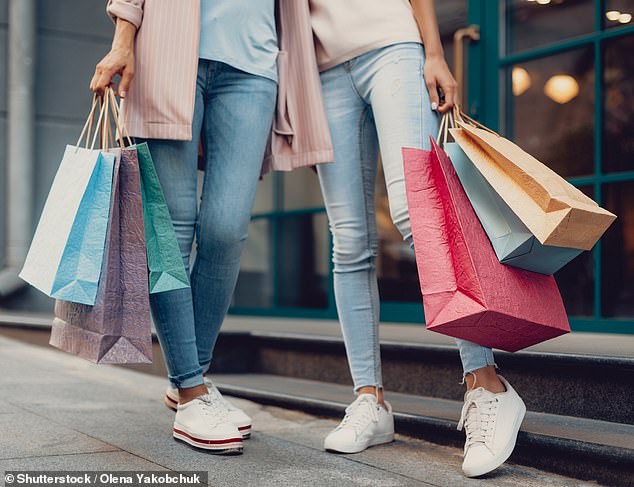A £15 pair of jeans outperformed a £150 alternative in terms of durability, according to a new study.
The University of Leeds partnered with Primark to assess the longevity of their items compared to more expensive alternatives.
Despite common perception, the study found that there is no correlation between price and durability.
The university’s design school tested 65 products from various stores at different price points using technology that mimics years of wear on the garments.
The results revealed that a £15 pair of women’s jeans are “more durable” than their £150 equivalent, according to the bbc.
It comes as the fast fashion clothing store pledged to produce items that are less harmful to the environment following a backlash against fast fashion and its links to waste and pollution.
The Irish retailer plans to incorporate the findings into its durability framework to encourage customers to understand the quality for their money.
Speaking on the BBC podcast you and yoursKate Morris, who led testing for Primark’s durability project, said: “We have equipment that can mimic years and years of clothing wear in a matter of hours or days.”
The study by the University of Leeds found that price does not necessarily correlate with greater durability (pictured: file image)
Kate continued: ‘So in total we had 65 items of clothing in this studio ranging from jeans, t-shirts and hoodies.
“We wash clothes in domestic washing machines and try to imitate the usual washing cycle.”
Kate and her team discovered that price does not necessarily determine the durability of a garment.
“We found that price is not really an indicator of durability, and of the 17 men’s t-shirts we tested, one costing £5 was rated the second most durable of all,” he said.
The findings “surprised” Kate. She said: “I think because there is this narrative that expensive items are expected to perform much better.”
Eco-conscious shoppers have directed their anger at Primark for years because of its focus on fast fashion, but the retailer hopes the new research will change that.
Vicky Swain, Head of Longevity and Partnerships at Primark, explained in the podcast: “The durability framework is new to Primark, but our durability work is not.
“Durability has been a focus for Primark for over a decade; We have been investing for years in making our clothing more durable and made with more sustainable materials.

In a “surprising” result, the study found that a £15 pair of women’s jeans were more durable than a £150 alternative (pictured: Archive image of Primark store in Shropshire)
“Essentially, we developed a framework to ensure that customers can know that when they buy something, the items are going to last.”
For Vicky, her work on durability means the results are less surprising and she strives to get shoppers to assign a different emotional value to Primark clothing, treating the items as they would those from more expensive stores.
The company, along with online fashion giants such as Boohoo and Pretty Little Thing, has been at the forefront of the rise of cheap fashion.
In 2021, Primark committed to ensuring that all its clothing is made from recycled or more sustainable materials by 2030.
Since then, the store has worked to transition the materials of all entry-price t-shirts to ethically sourced cotton.
The company also shared goals of halving its carbon emissions, achieving a living wage for garment workers, and designing its clothing to be recyclable and more durable.
At the time, Paul Marchant, chief executive of Primark, said: “Our new commitments mark a significant acceleration in the pace and scale of change.”
Marchant added: “Our ambition is to offer customers the affordable prices they know and love us for, but with products made in a way that is better for the planet and the people who make them…
‘(The changes require) us to think differently about how we do business. From how our clothes are designed and manufactured to how we sell them in stores.’
On any possible impact on prices, he said: ‘We believe that sustainability should not come at a premium price that only a minority can afford.
“Because of who we are, we believe we have the opportunity to make more sustainable fashion choices accessible to everyone.”

